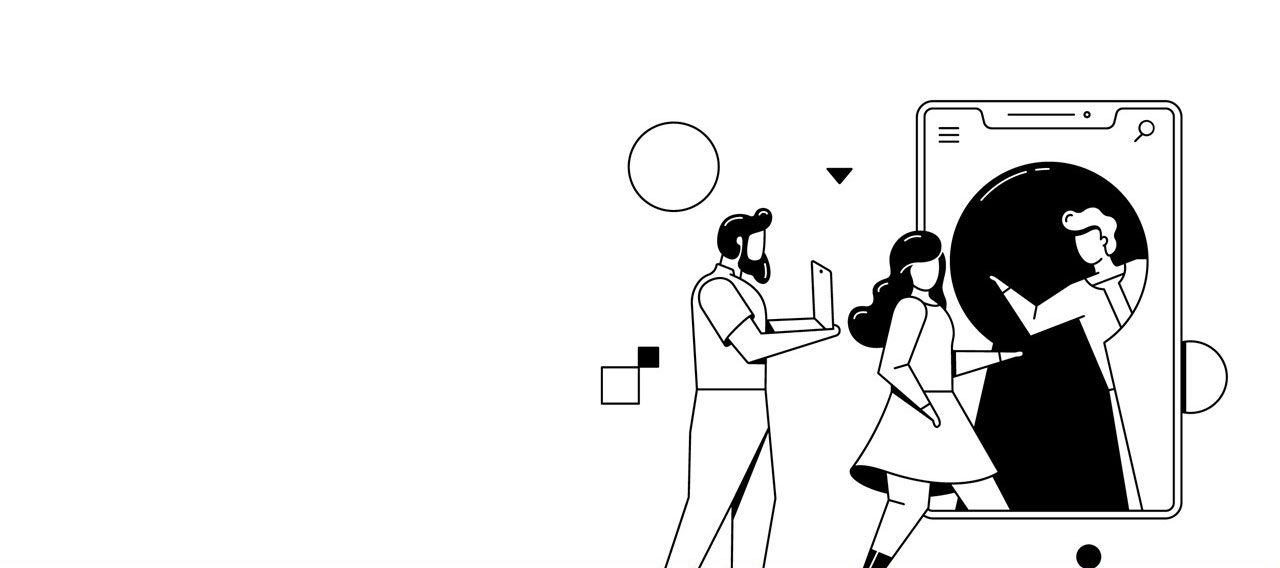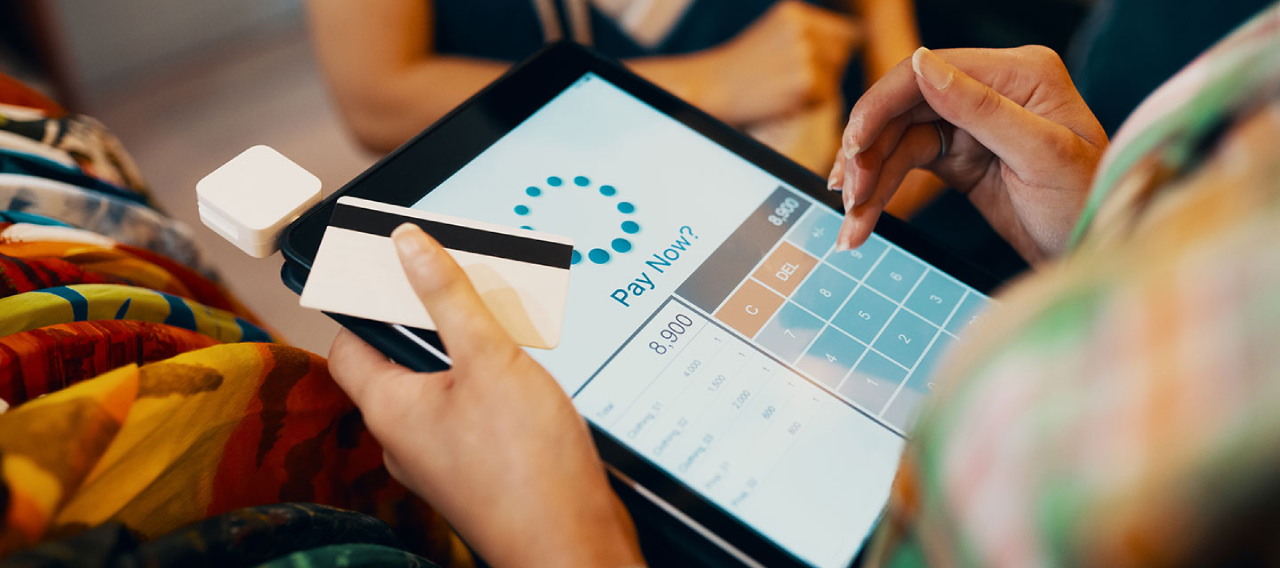- Businesses
- Individuals & Families
- Partnerships
- Brokers

Chubb Climate+ spans major industries, with a goal of enabling climate change progress in a meaningful way.


All Chubb policyholders are eligible for cyber services. Get the most value from your Chubb policy and schedule a consultation today.

In a complex world, Chubb’s support for multinationals and their brokers when choosing the right cover has never been more valuable.


As one of the world's largest providers of jewellery and fine art insurance, you can count on our unparalleled service and expertise, offering some of the broadest protection available.

As pioneers of using in-house appraisers to help clients establish the value of their property, and mitigate the risk of loss, our appraisal service is a key reason why owners of fine homes and high value possessions around the world choose Chubb

Build your business by providing the protection your customers need – it’s insurance for the new possible.

The seamless, secure, and scalable engine behind new possibilities for your company and customers.

-
About
About UsWho We AreFinancial & Regulation
- Claims
-
FCA Regulation
-
Contact
Chubb CareersComplaints
-
BackSuggested Searches
Impact of digitalisation. How to enable customer-friendly insurance experiences

By 2026, there will be 7.5 billion smartphone users globally 1. Today’s smartphones are literally supercomputers at our fingertips with approximately 100,000 times more computing power 2 than Apollo 11, the spaceship that reached the moon. Coupled with rapid digitisation due to the pandemic, the wide usage of the smartphone is unprecedented. Statista’s report showed that the daily time spent on mobile devices will have increased from 132 minutes per day in 2020 to 143 minutes at the end of 2021 3.
- Platforms: In 2020, $36 trillion was transacted over various online payment platforms, of which almost 90% was dominated by China 4. This leaves room for opportunities and growth outside of China. As a reference, according to the China Academy of Information and Communications Technology (CAICT), the digital economy contributes nearly 40% 6 of the country's GDP in 2020. In comparison, it is 12% 5 for US , 7.7% 6 for UK and 4% 7 for Indonesia, Southeast Asia’s largest country.
- Super apps 8: On average, an adult has 4 daily. The rate of adoption is growing faster in the East than the West 8. Having recently moved from Latin America to Asia, I can certainly testify to the huge opportunities for the super app market in both regions. I can also see the similarities between the two regions where the younger generation grew up in the mobile era as digital natives, generating growth for the digital economy which includes fintech and e-commerce players. Without legacy systems and complex processes, these players have created an amazing ecosystem from ride hailing, delivery, to payments and insurance.
- eCommerce. According to Boston Consulting Group, eCommerce grew an additional 5 trillion dollars during the pandemic, 40% of the online grocery shoppers were first timers and 90% of them 4 had a positive experience and will keep purchasing online. eCommerce has indeed become part of our daily life.
- Mobile wallets. This is a phenomenon in emerging markets with Southeast Asia topping the growth trajectory. I have previously shared that more than 2.8 billion mobile wallets were in use in 2020 worldwide, according to Boku’s Mobile Wallets Report 2021 12. The Report forecasts this number to increase by nearly 74% over the next four years, to reach a total of 4.8 billion by the end of 2025.
- Connected world: IoT (Internet of Things) is gaining adoption. In the automobile sector, it is projected that 95% of new cars will be connected to the internet by 2030 4 and will have the computing power of 200 PCs. Wearables, connected to the web and another contactless payment channel, will grow to over 1.1 billion devices in 2022 4.
When we look at new possibilities to connect insurance with trends in digital payments, we have pivoted to embrace the following principles:
- Find new business partners: Insurers need to understand how to work with online platforms, eCommerce, super apps and mobile wallets as new business partners. With their access to a large customer base that consumes financial services on-the-go, their protection needs can be triggered on a highly contextual basis. We can then offer relevant and “ad hoc” insurance protection that is connected and relevant to what the consumer is doing. This requires a robust API platform to develop a real-time experience at scale. Chubb invested in and launched Chubb Studio® in 2020 to go-to-market quickly with neobanks, eCommerce platforms, super apps, mobile wallets, airlines and many other tech platforms.
- Identify new customer segments: Globally, there are new consumer segments – millennials, Gen Z and other digitally savvy consumers - and a growing middle class in developing economies like Latin America and Southeast Asia. The workforce is also changing with the rise of the ‘gig worker.’ This segment is projected to transact more than $450 billion by 2023 8 according to Mastercard. Along with greater flexibility associated with gig economy, there are pain points such as income volatility, safety and medical needs. At Chubb, we have addressed some of these concerns with a specific value proposition. Leveraging data, together with our underwriting expertise, we have become one of the market leaders in partnering with the largest gig platforms to deliver insurance solutions to their driver and delivery partners.
- Create a ‘wow’ customer experience: Digital engagement is very much about the customer experience. Chubb has a co-creation process with its partners to use design thinking in creating unique solutions for customers. Besides tailoring a relevant insurance product, the end-to-end process through to the claim submission, has to be simple and easy. We have been successful in ‘wowing’ our digital partners, scoring an exceptionally high NPS (Net Promoter Score) compared to traditional channels.
- Leveraging Data: For us to apply all of the above principles, we must be ahead in applying data to make the offer relevant to the consumer. Data helps to streamline and optimise offerings in real time and also learn about all the interactions of the customers along their journey. Leveraging revenue maximisation techniques, machine learning and algorithm programs, our data scientists and digital analysts then optimize every customer interaction.
Chubb aspires to partner with consumer brands which have similar ambitions of thriving in the digital world. We recognise that consumers are embracing digital as integral to their daily life and insurance must be part of it. Ease of access and use (including payment options) will increase financial inclusion for the mass market segment. It is time to exercise the power of the smartphone in your hands.
If you are keen to learn how Chubb can collaborate with you to enable a customer-friendly insurance experience, please contact Serene Neo, Division Head of Consumer Lines, at serene.neo@chubb.com.
1 https://www.statista.com/statistics/330695/number-of-smartphone-users-worldwide/
2 https://www.macobserver.com/link/iphones-processing-apollo-11-computer/
3 https://www.statista.com/statistics/319732/daily-time-spent-online-device/
4 https://www.jpmorgan.com/solutions/treasury-payments/payments-are-eating-the-world
6 https://www.iab.com/news/study-finds-internet-economy-grew-seven-times-faster/
7 https://www.gov.uk/government/news/digital-sector-worth-more-than-400-million-a-day-to-uk-economy
9 A super app is a mobile app which offers many services to facilitate a digital lifestyle. It functions like a one-stop portal where users depend on it to run their daily life from ordering food and groceries to booking a ride.
10 https://www.rapyd.net/blog/the-top-6-super-apps-in-asia-and-what-they-reveal-about-a-global-trend/
11 http://boku.mobilewallet.report/
All content in this material is for general information purposes only. It does not constitute personal advice or a recommendation to any individual or business of any product or service. Please refer to the policy documentation issued for full terms and conditions of coverage.
Chubb European Group SE (CEG) is an undertaking governed by the provisions of the French insurance code with registration number 450 327 374 RCS Nanterre. Registered office: La Tour Carpe Diem, 31 Place des Corolles, Esplanade Nord, 92400 Courbevoie, France. CEG has fully paid share capital of €896,176,662. UK business address: 40 Leadenhall Street, London, EC3A 2BJ. Authorised and supervised by the French Prudential Supervision and Resolution Authority (4, Place de Budapest, CS 92459, 75436 PARIS CEDEX 09) and authorised and subject to limited regulation by the Financial Conduct Authority. Details about the extent of our regulation by the Financial Conduct Authority are available from us on request.
Insights and expertise



